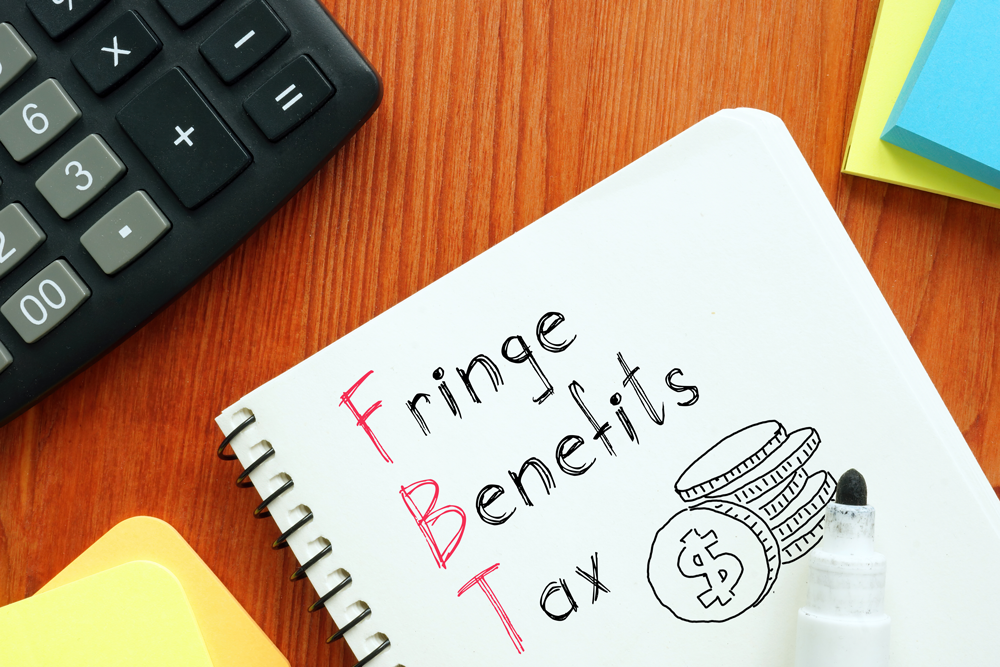
Checklist of Other Year End Tax Issues
In addition to the tax planning opportunities, there are a number of
 obligations in relation to the end of the financial year which should be considered:
obligations in relation to the end of the financial year which should be considered:
If you use a Motor Vehicle in producing your income you may need to:
- Record Motor Vehicle Odometer readings at 30 June 2019
- Prepare a log book for 12 continuous weeks if your existing one is more than 5 years old. Please note, if you commence the log book prior to the 30 June 2019, the usage determined will still be appropriate for the whole of 2018/19. As such, it is not too late to start preparing one for the current financial year.
If you have started an account-based pension:
Ensure that you have withdrawn the annual minimum required.
If you are in business or earn your income through a Company or Trust:
-
Employer Compulsory Superannuation Obligations:

The deadline for employers to pay Superannuation Guarantee Contributions for the 2018/19 financial year is the 28 July 2019. However, if you want to claim a tax deduction in the 2018/19 tax year the super fund (or Small Business Superannuation Clearing House) must receive the contributions by 30 June 2019. You should therefore avoid making contributions at the last minute because processing delays could deny you a tax deduction in this financial year.
- For Private Company - Div 7A Loans - Business owners who have borrowed funds from their company in prior years must ensure that the appropriate principal and interest loan repayments are made by 30 June 2019. Current year loans must be either paid back in full or have a loan agreement entered into before the due date of lodgement of the company return. Failure to comply risks having it counted as an unfranked dividend in the individual’s tax return
- Trustee Resolutions - ensure that the Trustee Resolutions are prepared and signed before June 30, 2018 for all Discretionary (“Family”) Trusts. Please note we will be contacting you regarding your resolutions before the end of June 2018.
- Preparation of Stock Count Working Papers at June 30.
- Preparation and reconciliation of Employee PAYG Payment Summaries (formerly known as Group Certificates).
From 1 July 2019:
The compulsory Super Guarantee Contribution rate stays at 9.50% for the 2019/2020 financial year.
The maximum super contribution base used to determine the maximum limit on any individual employee's earnings base for each quarter of
2019/20 is $55,270 per quarter. You do not have to provide the minimum support for the part of earnings above this limit.
Single Touch Payroll (STP) reporting is mandatory for all employers from 1st July 2019.
Company Tax Rates For Small Businesses

The company tax rate for base rate entities with less than $50 million turnover is now 27.5%. A base rate entity is a company that both:
- has an aggregated turnover less than the aggregated turnover threshold (which is $50 million for the 2018/19 income year)
- 80% or less of their assessable income is base rate entity passive income – this replaces the requirement to be carrying on a business.
Is Your Business A “Small Business” Entity?
Small businesses can access a range of tax concessions from the ATO. To qualify as a “Small Business Entity”, the business must have an aggregated turnover (your annual turnover plus the annual turnover of any business connected / affiliated with you) of less than $10 million and be operating a business for all or part of the 2019 year.
Other 2019 Year End Tax Planning Opportunities
- Back to the overview of the 2019 Year End Tax Planning Guide
- Pre June 30 Tax Minimisation Strategies
- Immediate Write-Off For Individual Small Business Assets
- Other Tax Effective Strategies for Business
- Superannuation Tax Planning Opportunities
- Download the full PDF
Disclaimer: This newsletter contains general information only. Regrettably, no responsibility can be accepted for errors, omissions or possible misleading statements or for any action taken as a result of any material in this guide. It is not designed to be a substitute for professional advice, as such a brief guide cannot hope to cover all circumstances and conditions applying to the law as it relates to these items.










